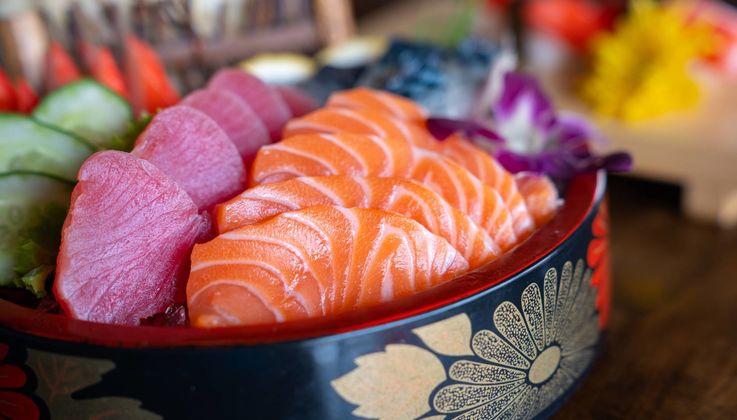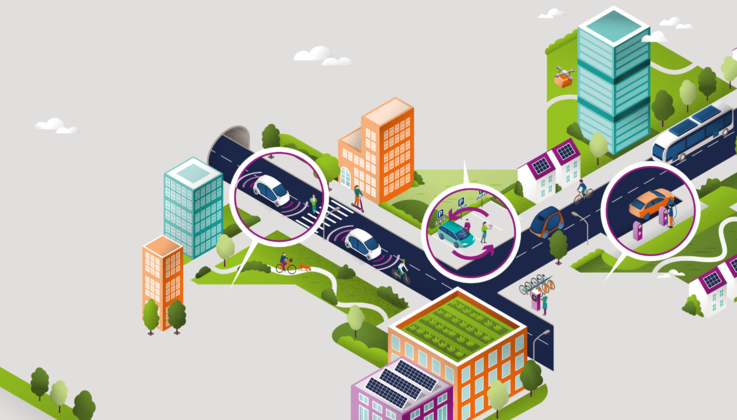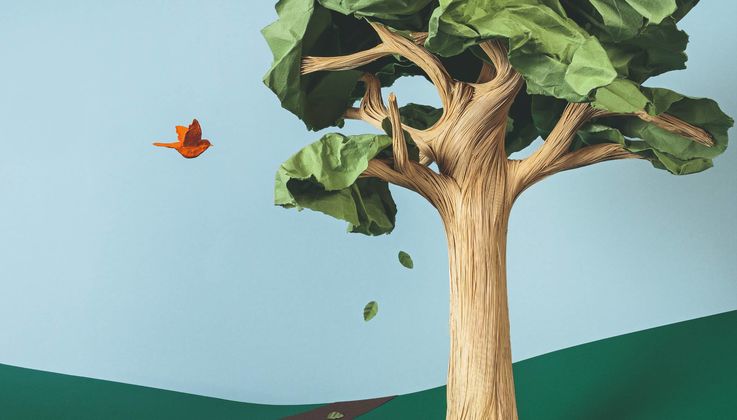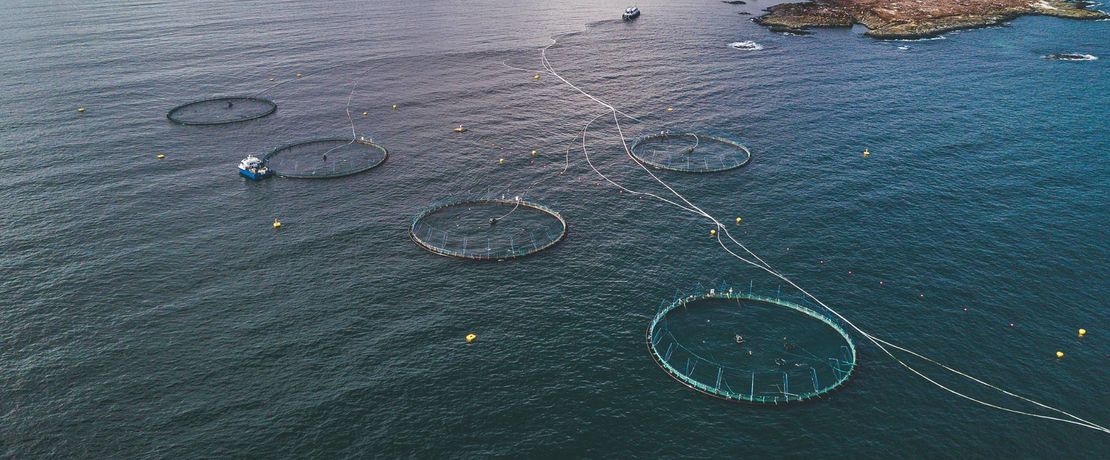
Good for man and the sea
Salmon from aquaculture are playing an increasingly important role in nutrition. However, many other fish had to be caught to feed the salmon, which are carnivorous. This has since changed, as salmon now also eat algae.
Raising salmon in aquaculture instead of taking them from the natural environment benefits ecosystems. However, even salmon from aquaculture are carnivorous, which means that conventional fish farms have mostly fed them fishmeal and fish oil. As a result, the number of wild fish that have to be caught and processed to feed the salmon has far exceeded that of the salmon themselves. This has completely negated the positive effects of aquaculture on the environment. Until now, that is. Veramaris, a joint venture between Evonik and the Dutch group DSM, has developed a special feed that almost turns salmon vegetarian.
Even before this development, the animal feed industry had greatly reduced the amount of fishmeal in the feed by adding amino acids from Evonik and using advanced feed concepts. Veramaris is now producing an algae oil that also reduces the proportion of fish oil in the feed without, however, causing the amount of Omega-3 fatty acids in the fish to decline. This is very important, because the Omega-3 fatty acids EPA (eicosapentaenoic acid) and DHA (docosahexaenoic acid) are vital for salmon as well as for people, and neither species can create them in their bodies.
More than half of the algae oil consists of EPA and DHA. The Omega-3 fatty acids in wild salmon are also produced by marine algae. They are obtained by the salmon (and, ultimately, by human beings) through the food chain. So why not simply circumvent the natural food chain by directly producing valuable Omega-3 fatty acids with the help of algae? A single kilogram of algae oil supplies as much Omega-3 fatty acids as 60 kilograms of fish. Veramaris produces the algae oil on a commercial scale. Each of the two groups invested half of the total of $200 million in the construction of a facility in Blair, Nebraska (USA).
This is a future-oriented investment, because the demand for fish is increasing, particularly in developing countries and emerging markets. Fish is an inexpensive animal-based food and an ideal source of protein for human beings. Over the past several decades, the per capita consumption of fish has risen to about 20 kilograms per year. But because the capture of wild fish has stagnated since the 1990s at around 90 million tons per year, the growth in demand is met by fish from aquaculture. The United Nations’ Food and Agriculture Organization (FAO) estimates that in 2030 aquacultures will supply 54 percent of the fish consumed.
Until now, fishmeal and fish oil have been the key sources of feed for all edible fish bred in aquaculture. Around 15 million tons of wild fish have to be caught each year to produce these feed components. It’s nearly impossible to increase this amount further, because the FAO estimates that more than 30 percent of the fish populations worldwide have been overfished.
From fish in general to salmon in particular:The facility in Blair initially has enough production capacity to supply as much Omega-3 fatty acids EPA and DHA as can be extracted from 1.2 million tons of wild fish. That’s 1.5 times the amount that is fished in the Mediterranean every year. In this way, it will be possible to cover about 15 percent of the current annual demand for EPA and DHA in the entire salmon farming industry. This doesn’t just benefit salmon and people, but also helps to preserve our natural resources and enables the aquaculture industry to achieve sustainable growth.
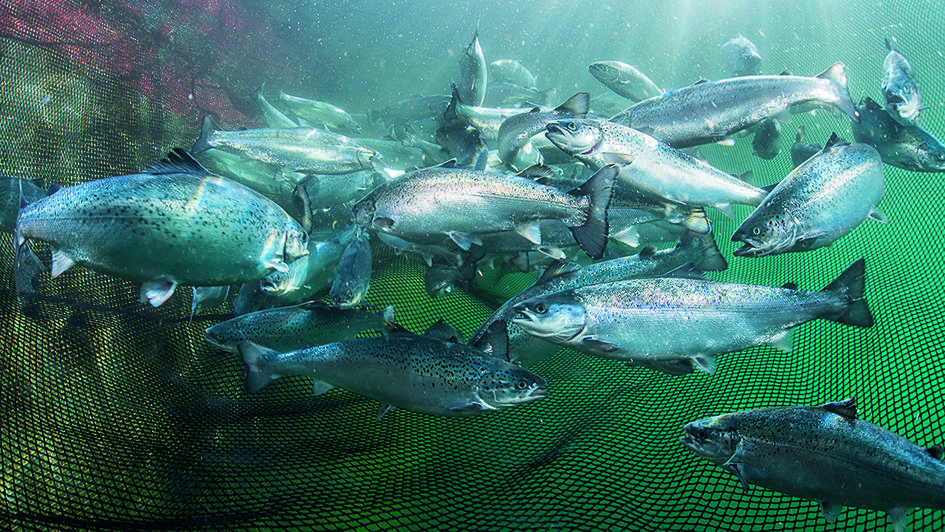
In June 2019 the French supermarket chain Supermarché Match took the lead when it teamed up with the Norwegian salmon farmer Lingalaks to offer salmon that was raised on Omega-3 algae oil from Veramaris. In February 2020, Kaufland became the first retailer in Germany to follow and offer the healthy and resource-conserving salmon under its own brand "K-Blue Bay" in all German stores with fish self-service counters. By offering this product, Match and Kaufland are responding to the strongly increased consumer demand for healthy and sustainable salmon in recent years and help conserve marine resources.

